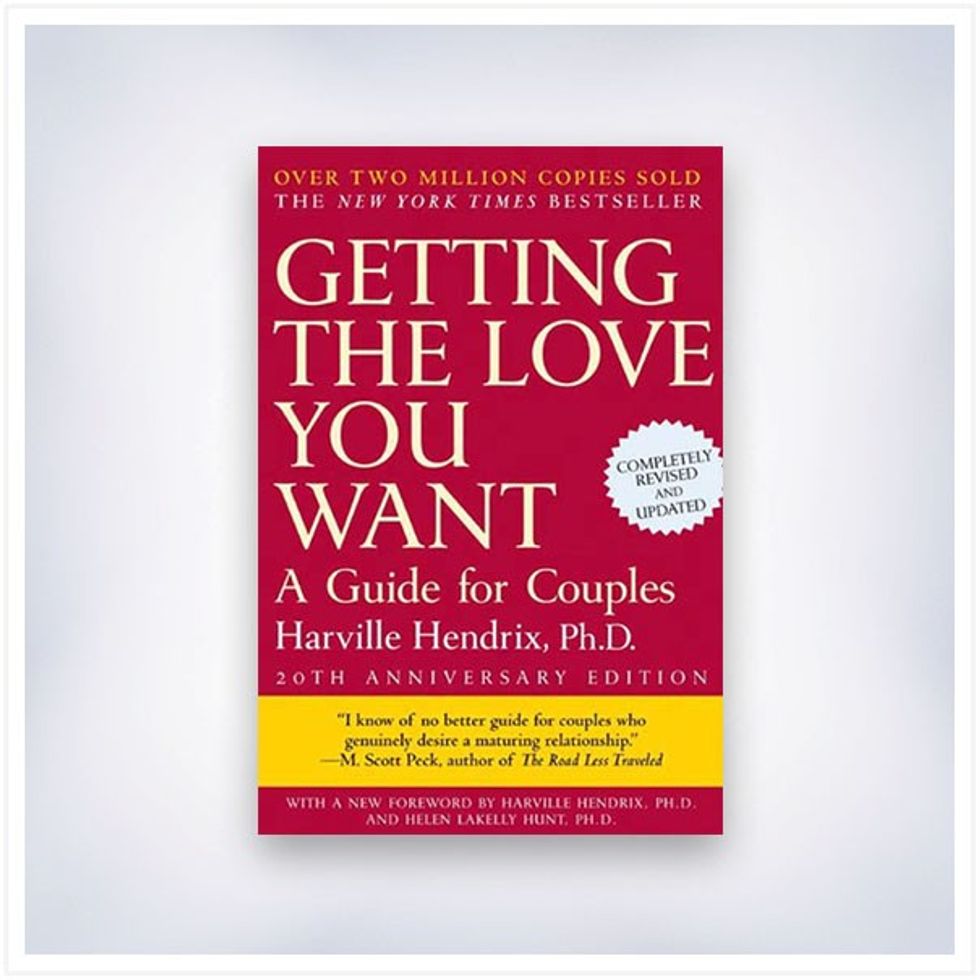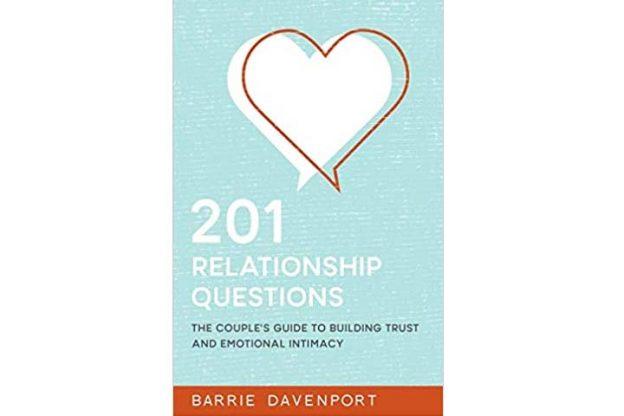Best Books On Building Relationships

In an increasingly interconnected yet often isolating world, the ability to forge strong, meaningful relationships has become more critical than ever. Whether in professional settings, personal lives, or even online communities, the foundation of success and well-being often hinges on our capacity to connect authentically with others. Recognizing this vital need, countless authors have dedicated their efforts to exploring the art and science of building robust and lasting relationships.
This article delves into a curated selection of the best books on building relationships, offering readers a comprehensive guide to understanding the dynamics of human connection. From classic texts that have stood the test of time to contemporary works addressing the complexities of modern interactions, we'll explore key insights and actionable strategies for enhancing communication, fostering empathy, and cultivating thriving relationships in all aspects of life. The goal is to provide readers with practical tools and knowledge to navigate the intricacies of human interaction and build a more fulfilling and interconnected existence.
Understanding the Foundation: Communication and Empathy
Effective communication forms the cornerstone of any successful relationship. Books like "Nonviolent Communication: A Language of Life" by Marshall B. Rosenberg emphasize the importance of expressing oneself honestly and empathetically, while actively listening to others without judgment.
Rosenberg's framework provides a powerful approach to resolving conflicts, fostering understanding, and building trust through mindful communication. This book offers practical exercises and real-life examples that can be readily applied to improve communication skills in various relationships.
Another insightful read is "Difficult Conversations: How to Discuss What Matters Most" by Douglas Stone, Bruce Patton, and Sheila Heen. This book provides a comprehensive guide to navigating challenging dialogues and addressing sensitive topics with grace and effectiveness.
The authors break down difficult conversations into three core components: the "What Happened?" conversation (disentangling facts and interpretations), the "Feelings" conversation (acknowledging and managing emotions), and the "Identity" conversation (addressing the impact on self-esteem). By understanding these components, readers can approach difficult conversations with greater confidence and skill, ultimately strengthening their relationships.
Navigating the Professional Landscape: Building Strong Workplace Relationships
In the professional realm, strong relationships are essential for career advancement, team collaboration, and overall job satisfaction. "How to Win Friends & Influence People" by Dale Carnegie, a timeless classic, provides invaluable principles for building rapport, inspiring others, and achieving success in the workplace.
Carnegie's principles, such as showing genuine interest in others, smiling, remembering names, and being a good listener, are surprisingly effective and relevant in today's fast-paced business environment. While some consider it dated, its core tenets on human psychology remain incredibly potent.
"Radical Candor: Be a Kick-Ass Boss Without Losing Your Humanity" by Kim Scott offers a more contemporary perspective on building strong relationships in the workplace, particularly between managers and their teams. Scott emphasizes the importance of being both direct and caring in feedback and communication, fostering a culture of trust and growth.
The framework of "Radical Candor" encourages managers to challenge their employees directly while also showing that they genuinely care about their well-being. This approach can lead to stronger relationships, improved performance, and a more positive work environment.
Fostering Intimate Connections: Strengthening Personal Relationships
Building and maintaining healthy romantic relationships requires vulnerability, commitment, and ongoing effort. "The 5 Love Languages: The Secret to Love that Lasts" by Gary Chapman explores the different ways individuals express and receive love, providing a framework for understanding and meeting each other's emotional needs.
Chapman identifies five love languages: words of affirmation, acts of service, receiving gifts, quality time, and physical touch. By understanding their own and their partner's love languages, couples can communicate more effectively and strengthen their bond.
"Attached: The New Science of Adult Attachment and How It Can Help YouFind - and Keep - Love" by Amir Levine and Rachel Heller delves into the science of attachment theory, explaining how early childhood experiences can shape our adult relationships. The book identifies three main attachment styles: secure, anxious-preoccupied, and avoidant-dismissive, and provides guidance on how to understand and navigate these different styles in relationships.
Understanding attachment styles can help individuals gain valuable insights into their own relationship patterns and those of their partners, leading to more fulfilling and secure connections.
The Future of Relationships: Navigating a Digital World
In an increasingly digital world, building and maintaining relationships can present unique challenges. Understanding how to leverage technology while preserving authentic human connection is crucial.
While no single book definitively addresses the long-term impacts of digital communication on relationships, examining works focused on mindful technology use and digital well-being can offer insights. Resources from organizations like the Center for Humane Technology, co-founded by Tristan Harris, provide valuable perspectives on fostering healthier relationships with technology and mitigating its potential negative effects.
Ultimately, the best books on building relationships offer a blend of timeless wisdom and contemporary insights, providing readers with the tools and knowledge needed to navigate the complexities of human connection. By focusing on effective communication, empathy, and a genuine desire to understand others, individuals can cultivate stronger, more meaningful relationships in all aspects of their lives, leading to greater personal and professional fulfillment.






:max_bytes(150000):strip_icc()/61x3DZrd8BL-424163bbc17e485f99d4fa3e8e23590e.jpg)






:max_bytes(150000):strip_icc()/71kD8oU9nvL-55cef0e52036407cbe267023ba68d60a.jpg)




